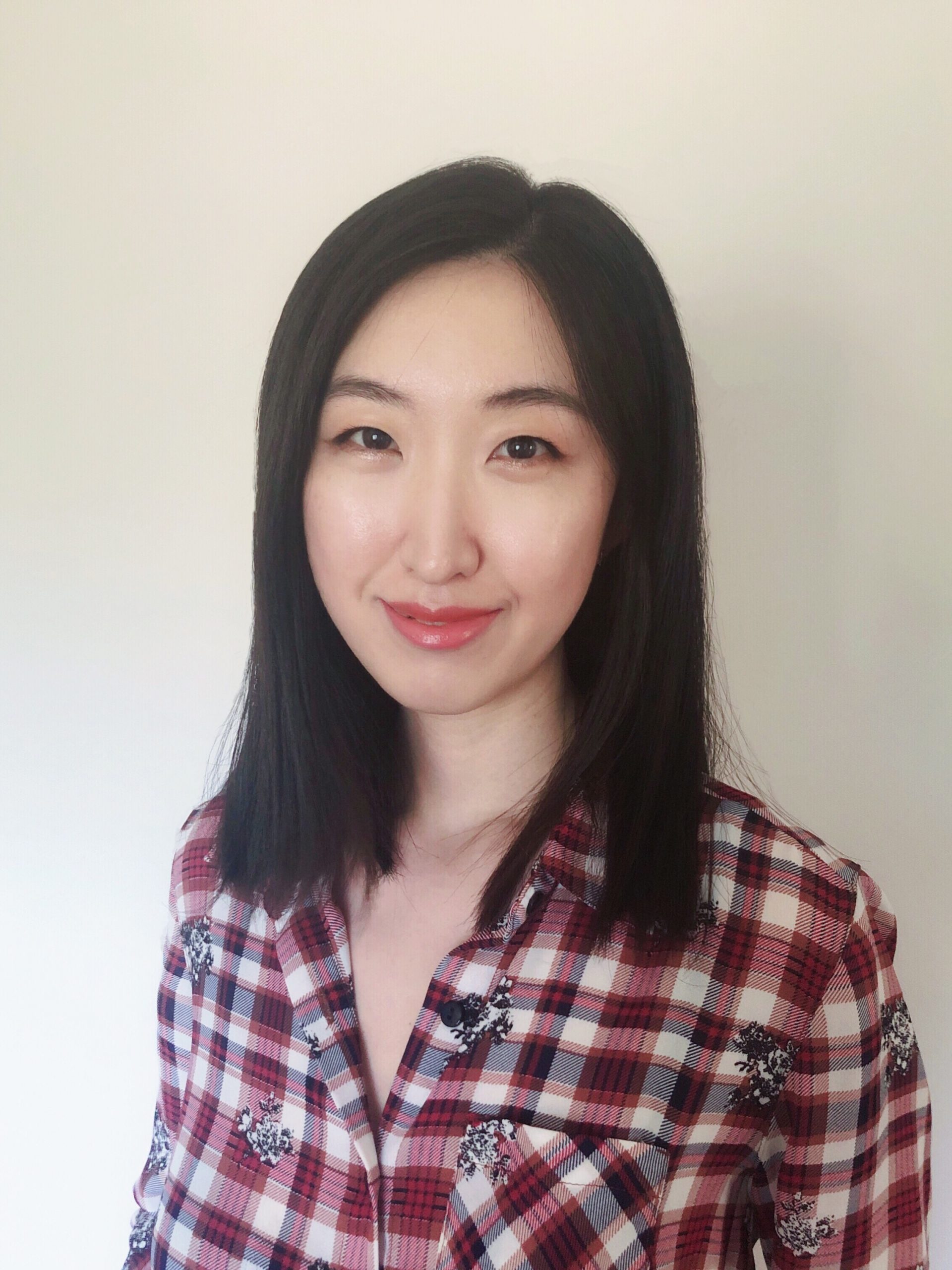
Social media plays an increasingly large part in many aspects of our daily lives. While there has been some research conducted on the effects of social media, many questions remain unanswered, such as how social media impacts democratic politics. Recently, there has been growing attention on social media’s role in spreading misinformation.
Jianing Li is a Ph.D. student and Knight Scholar of Communication and Civic Renewal in the UW-Madison School of Journalism and Mass Communication studying misinformation, misperception and fact-checking in new communication ecologies. She was recently awarded the Social Data Dissertation Fellowship from the Social Science Research Council (SSRC) in order to study how citizens can form healthy skepticism toward information they encounter on social media. In connection with the Center for Communication and Civic Renewal (CCCR), Li will conduct a study about social media skepticism in relation to the 2020 US presidential election.
“While there is no doubt that fostering skepticism is crucial, exactly what constitutes ‘healthy’ skepticism is largely unknown,” Li said. “This project aims to address the nuances in social media skepticism, as well as how to foster skepticism without perpetuating contentious understandings of misinformation.”
Li explains that there can be two sides to media skepticism. On the one hand, early research often views media skepticism, or feelings of distrust toward news media, as troubling because it discredits journalistic practices that produce trustworthy information. On the other hand, skepticism is necessary and beneficial in contexts where there is a valid concern over misinformation, like on social media.
She adds that skepticism toward social media misinformation may not always lead to pro-democratic outcomes, as users can overestimate the prevalence of misinformation and hold skepticism for true information. Additionally, misinformation skepticism can be cast through an identity lens and weaponized for political ends. For example, groups may attribute bias to misinformation and place blame on opposing groups.
“This project seeks to establish differences between ‘accuracy motivated’ and ‘directional motivated’ skepticism toward social media misinformation, and how discourses in the media ecosystem may function to cultivate these two types of skepticism,” Li said. “Most importantly, it will test how these two types of skepticism impact democratic processes and outcomes in distinct ways, including citizens’ selective information consumption, discernment of political falsehood, and views about election legitimacy.”
By studying how social media skepticism is structured in public opinion, Li hopes to help inform the development of effective interventions to reach those who need it most. She also plans to share the outcomes with journalists, fact-checkers, and media educators, and discuss best practices to report on misinformation without perpetuating the identity biases in understanding truth and falsehood.
“It is wonderful to be able to connect the work the Center for Communication and Civic Renewal team is doing with Li’s important dissertation research,” said SJMC’s Professor Michael Wagner, Director of the CCCR. “Combining our data and resources will only add to the power of what she will be able to discover.”